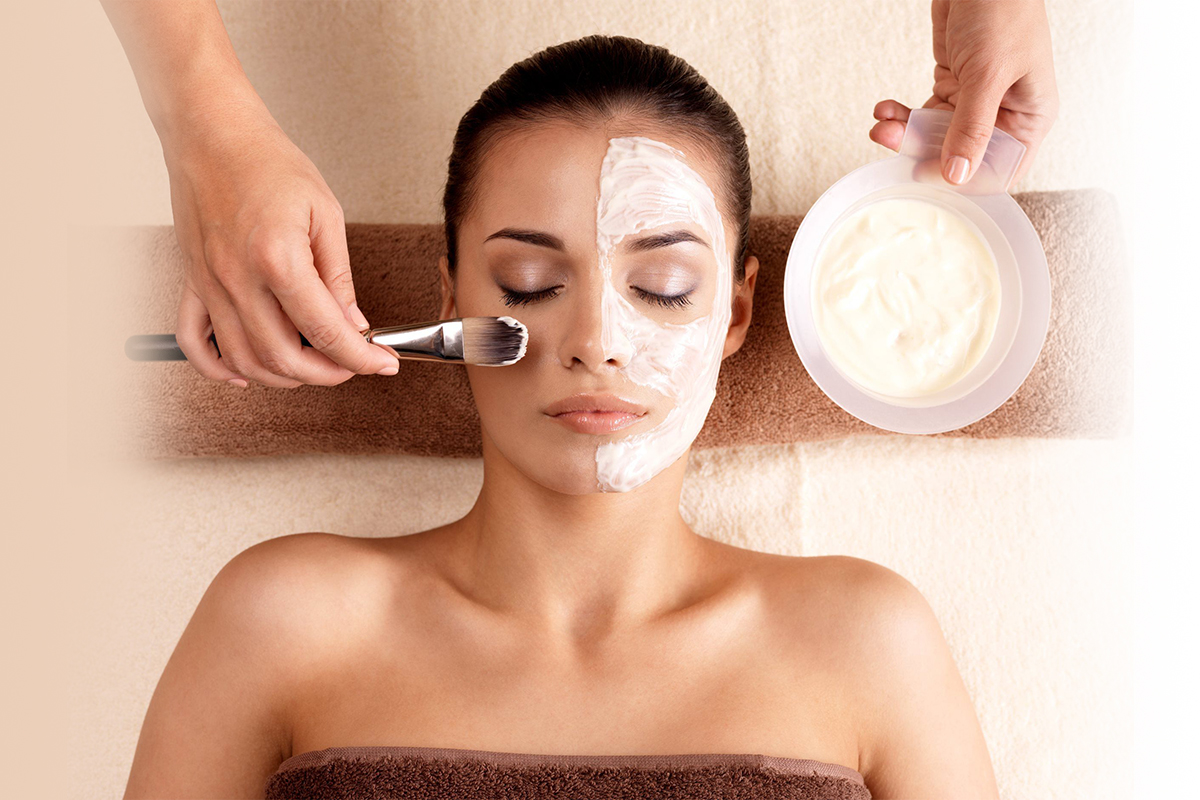
Chemical Peels FAQs
What are chemical/ skin peels?
Chemical peels produce controlled injury to the skin, which promote growth of new skin and improved appearance. A variety of chemicals can be used as peeling agents and include glycolic, trichloroacetic (TCA), salicylic and resorcinol
What conditions Do Chemical Peels Treat?
Chemical peels have been proven to:
- Improve the texture and appearance of skin
- Reduce lines and wrinkles under the eyes and mouth area
- Pose as anti-aging and sun damage treatment of wrinkles
- Treat acne scars
- Proven acne treatment
- Reduce age spots, freckles and dark spots from pregnancy also known as a condition called melasma
How are chemical peels performed?
Doctors use one of the three strengths to achieve the desired results. Mild peels, also called superficial peels, are safe for all skin types. Medium strength peels usually include trichloroacetic acid and create deeper exfoliation on the skin. Deep phenol peels are commonly not used on people with darker skin because they can end up bleaching the skin. The chemical peel is applied to the face in layers and left on the skin for the appropriate amount of time. After the peel is removed, the skin is cleansed and an antibacterial cream is applied.
How long do chemical peels take?
Most peels can be performed within a few minutes depending on size of the area being treated
What will my skin feel like after a chemical peel?
The state of your skin after a peel depends on the type of chemical used and your skin type. Superficial peels have limited effects. Medium peels may cause some redness and the deeper peels may require 10-14 days to recover.
How may peels will I need?
Generally chemical peels are done once every 2-3 weeks until the desired results are achieved. Maintenance peels can then be performed once a month.
How long do the results last?
With good sun protection, results can last months, even years. This is dependent upon the depth of the peel. The deeper peels generally provide a long- lasting effect.
What are the risks of chemical peels?
Superficial peels are quite safe, although minor irritation of the skin can occur. The risk of deep peels can include infection, scarring, redness and discoloration
How should I prepare my skin for the procedure?
Prior to your appointment with the dermatologist, you will wash you face, apply sunscreen, and apply moisturizer at least once a day. This helps to ensure that the chemical peel works evenly on all areas of your skin. The doctors goes over the daily routine with you beforehand.

